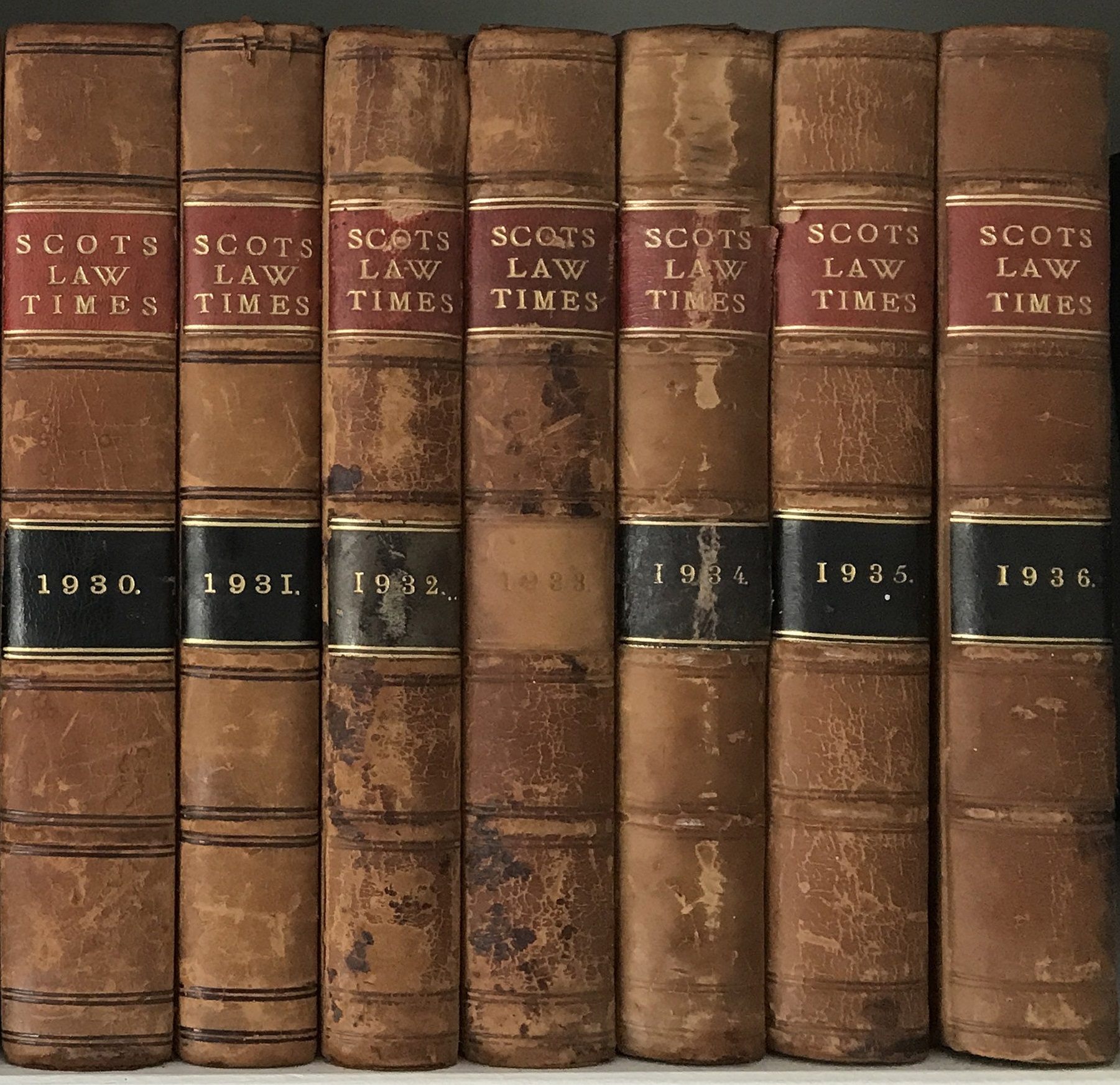 Despite its prevalence, there has been no detailed appraisal of the use of scientific evidence in Scottish criminal trials. This project examined the rules of admissibility of such evidence in court, and their fitness for purpose in the 21st century. Issues included:
Despite its prevalence, there has been no detailed appraisal of the use of scientific evidence in Scottish criminal trials. This project examined the rules of admissibility of such evidence in court, and their fitness for purpose in the 21st century. Issues included:
- Whether the evaluation of evidence in a court should involve, overtly or not, the use of likelihood ratios and, if so, how?
- What standards of reliability should scientific evidence satisfy before it is admissible?
- Should these standards be more demanding where privacy and bodily integrity are at stake? For example, emerging techniques in forensic anthropology have successfully used digital photographs of anatomy to identify perpetrators in child internet pornography and sexual assault cases, where corroboration is particularly difficult to find.
- What are the ethical and human rights dimensions of such intrusive photography?
- To what extent does the Scots rule requiring corroboration of a perpetrator’s identity hamper criminal prosecutions? Most other legal systems have abolished this rule. Should Scotland do likewise?
By harnessing the expertise of academics in law, forensic statistics, anatomy and psychology, and of the police, judiciary and practising lawyers, this project aimed to:
- Establish how the courts in practice determine the reliability and validity of scientific evidence, and consider how they ought to do so.
- Design a principled framework to govern what constitutes admissible scientific evidence, which will satisfy the needs of both scientist and the courts, whilst bearing in mind the human rights of the accused and the requirements of a fair trial.
- Make recommendations for reform.
While the focus was on the Scottish law of evidence, the project’s implications extended to other jurisdictions, each of which faces similar issues in determining the rules for the admissibility of scientific evidence.